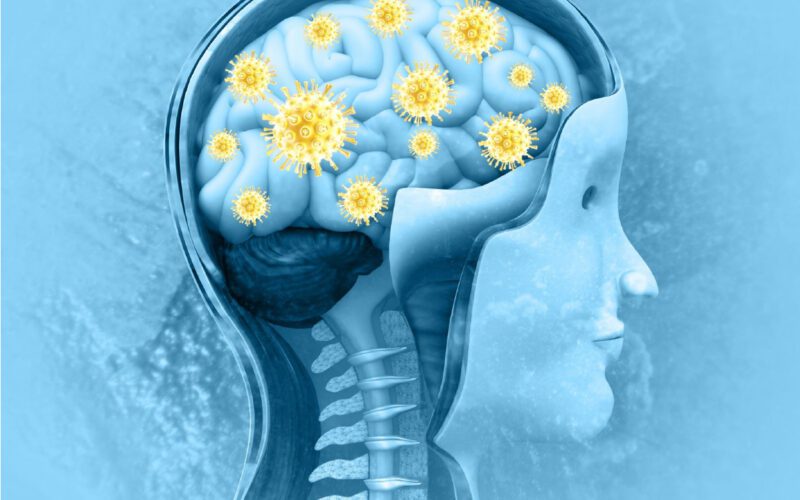Table of Contents Show
Have you ever felt high but not high? That is, have you experienced sensations of being detached from reality, euphoric, or confused without taking any drugs or substances? If so, you might be wondering what’s causing this strange feeling and whether it’s something to worry about.
Feeling high but not high can have various causes, ranging from environmental factors to medical conditions. Some of these causes are harmless and temporary, while others may indicate a serious underlying problem that requires medical attention.
In this article, we’ll explore 11 possible causes of feeling high but not high, how to identify them, and what to do about them. We’ll also answer some frequently asked questions on this topic and provide some tips on how to cope with this feeling.
What does it mean to feel high but not high?
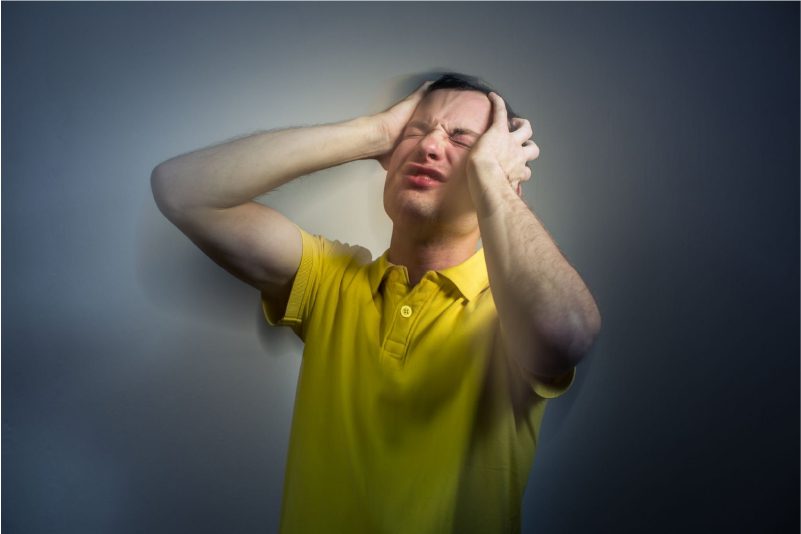

Feeling high but not high means having symptoms that resemble those of being intoxicated by drugs or alcohol, such as:
- Altered perception of time, space, or self
- Impaired judgment, memory, or concentration
- Mood swings, euphoria, or anxiety
- Hallucinations, delusions, or paranoia
- Drowsiness, dizziness, or nausea
However, unlike feeling high from drugs or alcohol, feeling high but not high occurs without any substance use or abuse. This can make the experience more confusing and frightening, as you may not understand why it’s happening or how to stop it.
What are the possible causes of feeling high but not high?


There are many possible causes of feeling high but not high. Some of the most common ones are:
Stress and anxiety
Stress and anxiety can trigger the release of hormones and neurotransmitters that affect your mood and cognition. When you’re under a lot of stress or anxiety, you may feel overwhelmed, nervous, irritable, or restless. You may also experience physical symptoms such as increased heart rate, blood pressure, sweating, trembling, or breathing difficulties. These symptoms can make you feel like you’re losing control or going crazy.
Lack of sleep
Lack of sleep can impair your brain function and affect your mental and emotional state. When you don’t get enough quality sleep, you may feel tired, groggy, irritable, or depressed. You may also have trouble focusing, remembering things, or making decisions. You may even experience hallucinations or delusions if you’re severely sleep-deprived.
Dehydration
Dehydration can occur when you lose more fluids than you take in. This can happen due to excessive sweating, vomiting, diarrhea, fever, or exercise. Dehydration can affect your brain function and cause symptoms such as headache, confusion, dizziness, fatigue, or mood changes. You may also feel thirsty, dry-mouthed, or lightheaded.
Low blood sugar
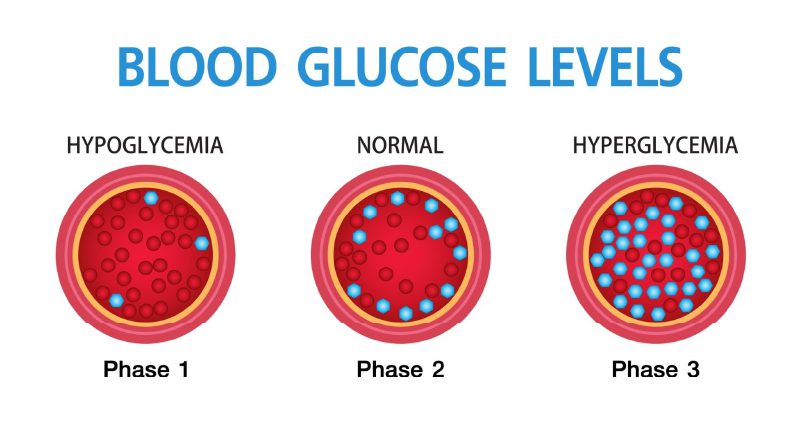

Low blood sugar (hypoglycemia) can occur when your blood glucose level drops below normal. This can happen due to skipping meals, fasting, exercising too much, or taking certain medications (such as insulin). Low blood sugar can affect your brain function and cause symptoms such as hunger, shakiness, weakness, sweating, nervousness, or irritability. You may also feel dizzy, confused, or faint.
Medications and supplements
Some medications and supplements can cause side effects that make you feel high but not high. These include antidepressants, antihistamines, painkillers, sleeping pills, antibiotics, steroids, and herbal remedies (such as St. John’s wort). These substances can affect your brain chemistry and alter your mood, cognition, or perception. Always consult your doctor before taking any medications or supplements and follow the instructions carefully.
Hormonal changes
Hormonal changes can occur due to pregnancy, menopause, puberty, or menstrual cycle. These changes can affect your mood and cognition and cause symptoms such as mood swings, anxiety, depression, or irritability. You may also experience physical symptoms such as hot flashes, cramps, bloating, or headaches.
Allergies and infections
Allergies and infections can cause inflammation in your body and affect your brain function. Some common allergens and infections that can make you feel high but not high are:
- Sinusitis: inflammation of the sinuses that can cause headache, congestion, pressure, or pain in the face.
- Migraine: a severe type of headache that can cause throbbing pain, nausea, vomiting, or sensitivity to light or sound.
- Ear infection: inflammation of the middle ear that can cause earache, fever, hearing loss, or balance problems.
- Food allergy: an immune reaction to certain foods that can cause itching, swelling, hives, or breathing difficulties.
- Lyme disease: a bacterial infection transmitted by ticks that can cause fever, rash, joint pain, or neurological problems.
Brain disorders
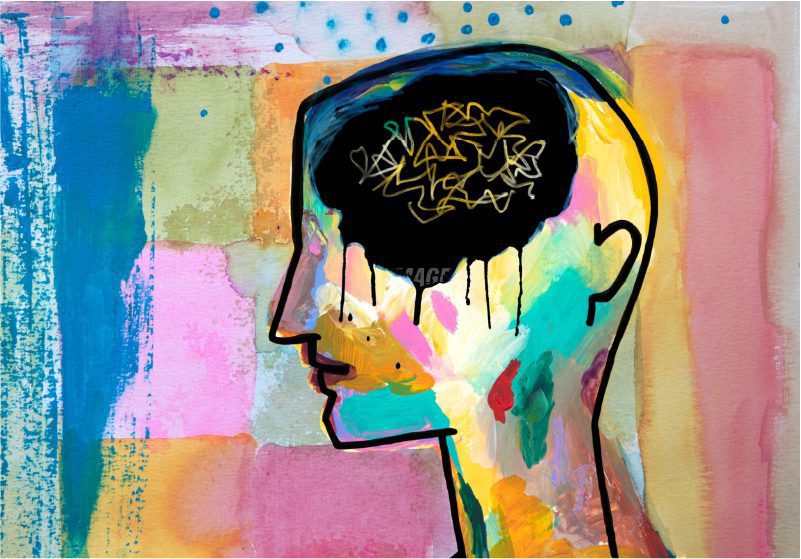

Some brain disorders can affect your mood and cognition and cause symptoms that resemble feeling high but not high. These include:
- Bipolar disorder: a mental disorder that causes extreme mood swings between mania (high energy, euphoria, or irritability) and depression (low energy, sadness, or hopelessness).
- Schizophrenia: a mental disorder that causes distorted thinking, hallucinations, delusions, or paranoia.
- Epilepsy: a neurological disorder that causes seizures (sudden bursts of abnormal electrical activity in the brain) that can affect your consciousness, behavior, or sensations.
- Brain tumor: an abnormal growth of cells in the brain that can cause headache, vision problems, personality changes, or seizures.
Environmental factors
Some environmental factors can affect your mood and cognition and make you feel high but not high. These include:
- Heat: exposure to high temperatures can cause dehydration, heat exhaustion, or heat stroke, which can affect your brain function and cause symptoms such as confusion, dizziness, fatigue, or nausea.
- Altitude: exposure to low oxygen levels at high altitudes can cause altitude sickness, which can affect your brain function and cause symptoms such as headache, nausea, drowsiness, or difficulty breathing.
- Pollution: exposure to air pollution can cause inflammation in your lungs and brain and affect your mood and cognition. Air pollution can also worsen existing conditions such as asthma, allergies, or cardiovascular disease.
Spiritual experiences
Some people may feel high but not high due to spiritual experiences such as meditation, prayer, or mystical visions. These experiences can induce altered states of consciousness that can affect your mood and cognition. Some people may find these experiences positive and meaningful, while others may find them scary or confusing.
Psychological factors
Some psychological factors can make you feel high but not high due to the power of suggestion, placebo effect, or self-fulfilling prophecy. These factors can influence your mood and cognition by making you believe something is true or possible when it’s not. For example:
- Suggestion: someone may tell you that you’re high or that something will make you high, and you may start to feel that way even if it’s not true.
- Placebo effect: you may take a pill or a substance that you think is a drug but is actually harmless, and you may start to feel its effects even if it has no active ingredient.
- Self-fulfilling prophecy: you may expect to feel high or not high based on your previous experiences or beliefs, and you may act accordingly even if there’s no reason to do so.
How to deal with feeling high but not high?
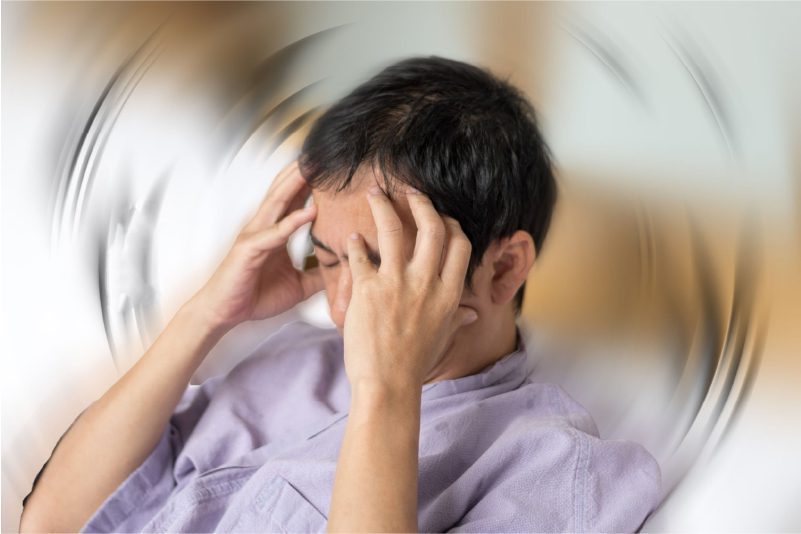

Feeling high but not high can be unpleasant and distressing, especially if you don’t know what’s causing it or how to stop it. Here are some tips on how to deal with this feeling:
- Identify the cause: try to figure out what’s triggering your feeling of being high but not high. Is it stress, lack of sleep, medication, allergy, infection, or something else? Knowing the cause can help you find the best solution.
- Seek medical help: if you suspect that your feeling of being high but not high is due to a medical condition or a side effect of a medication or supplement, consult your doctor as soon as possible. Your doctor can diagnose the problem and prescribe the appropriate treatment.
- Stay hydrated: drink plenty of water and avoid alcohol and caffeine, which can dehydrate you and worsen your symptoms.
- Get enough sleep: aim for at least seven to nine hours of quality sleep every night and avoid napping during the day, which can disrupt your sleep cycle.
- Eat well: eat a balanced diet rich in fruits, vegetables, whole grains, lean protein, and healthy fats. Avoid foods that are high in sugar, salt, or fat, which can affect your blood sugar levels and mood.
- Exercise regularly: exercise can boost your mood, energy, and brain function by releasing endorphins and improving blood flow. Aim for at least 150 minutes of moderate-intensity physical activity per week.
- Relax: practice relaxation techniques such as deep breathing, meditation, yoga, or massage to reduce stress and anxiety and calm your mind and body.
- Seek support: talk to someone you trust about how you’re feeling and what’s bothering you. You may also benefit from professional counseling or therapy if you’re struggling with emotional or mental issues.
- Avoid triggers: avoid situations, people, or substances that make you feel high but not high or that may harm your health or well-being.
- Be positive: focus on the positive aspects of your life and yourself and avoid negative thoughts and feelings that may make you feel worse. Remember that feeling high but not high is not a permanent state and that you can overcome it with the right help and attitude.
FAQs on feeling high but not high
Here are some frequently asked questions on feeling high but not high and their answers:
Is feeling high but not high dangerous?
Feeling high but not high can be dangerous if it impairs your ability to function normally or safely. For example, if you feel high but not high, you may have difficulty driving, working, studying, or taking care of yourself or others. You may also make poor decisions or engage in risky behaviors that may harm yourself or others. Therefore, it’s important to seek medical help if you feel high but not high and it affects your daily life or well-being.
Can feeling high but not high be a sign of a drug overdose?
Feeling high but not high can be a sign of a drug overdose if you have taken more than the recommended dose of a medication or supplement or if you have mixed different substances that may interact with each other. A drug overdose can be life-threatening and cause serious complications such as coma, seizures, organ failure, or death. Therefore, it’s important to call 911 or seek emergency medical attention if you suspect a drug overdose.
Can feeling high but not high be a symptom of COVID-19?
Feeling high but not high can be a symptom of COVID-19, the disease caused by the novel coronavirus. COVID-19 can affect your brain function and cause neurological symptoms such as confusion, delirium, drowsiness, or loss of smell or taste. However, feeling high but not high is not a specific or common symptom of COVID-19 and may have other causes. Therefore, it’s important to get tested for COVID-19 if you have other symptoms such as fever, cough, shortness of breath, or sore throat.
How long does feeling high but not high last?
The duration of feeling high but not high depends on the cause and the individual. Some causes of feeling high but not high are temporary and may last for a few minutes, hours, or days. For example, feeling high but not high due to stress, lack of sleep, dehydration, or low blood sugar may resolve once the underlying issue is addressed. Other causes of feeling high but not high are chronic and may last for weeks, months, or years. For example, feeling high but not high due to bipolar disorder, schizophrenia, epilepsy, or brain tumor may require long-term treatment and management.
How can I prevent feeling high but not high?
You can prevent feeling high but not high by taking care of your physical and mental health and avoiding factors that may trigger this feeling. Some preventive measures are:
- Follow a healthy lifestyle: eat well, sleep well, exercise regularly, and stay hydrated.
- Manage stress and anxiety: practice relaxation techniques, seek support, and avoid unnecessary pressure.
- Avoid drugs and alcohol: limit or abstain from substances that may alter your mood, cognition, or perception.
- Follow your doctor’s advice: take your medications or supplements as prescribed and report any side effects or concerns to your doctor.
- Monitor your health: check your blood sugar levels regularly if you have diabetes and get regular check-ups for any medical conditions that may affect your brain function.
